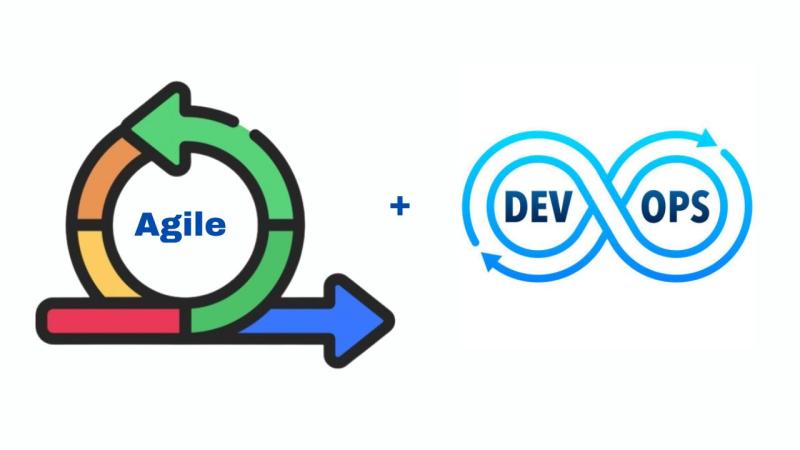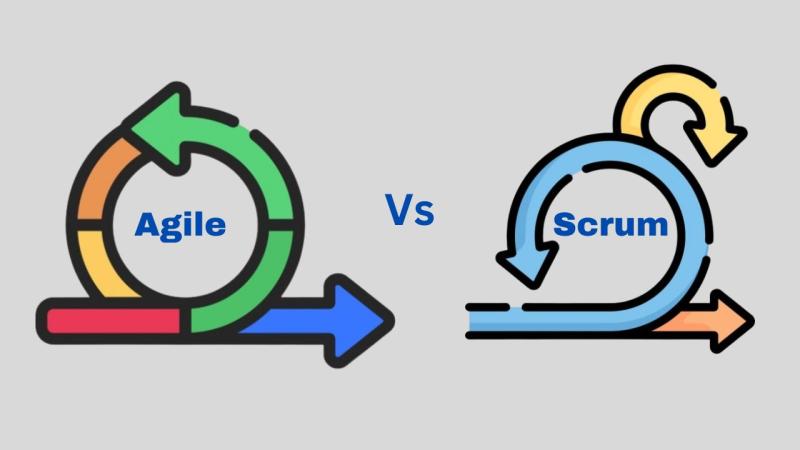Django vs Flask: Performance and Scalability Analysis


Choosing the right web framework for your project is critical in web development. Two popular Python web frameworks, Django and Flask, offer unique advantages and features. One crucial aspect to consider when making this decision is performance and scalability. In this article, we will conduct a detailed analysis of Flask vs Django in terms of their performance characteristics and scalability options, helping you make an informed choice for your web development endeavours.
Performance
Comparison
Performance is crucial in web development, as it directly impacts user experience and your
application's ability to handle increased traffic. Let's examine how Django and
Flask compare in terms of performance:
Framework
Overhead
- Django, a full-stack framework, has many built-in features and
utilities. While this can be convenient, it also means some inherent
overhead.
- Flask, on the other hand, is a micro-framework with minimal
built-in functionality. It tends to be lightweight and can result in
faster response times.
Response
Times
- Flask typically offers lower response times compared to Django for
simple applications. It can be advantageous for applications where rapid
response is crucial.
Caching
and Optimization
- Django provides more extensive support for caching and
optimization tools, which can help mitigate performance issues for larger
applications.
- Flask allows developers to implement their own caching and
optimization strategies, offering more flexibility but requiring more
manual effort.
Asynchronous
Programming
- Flask supports asynchronous programming through extensions like
Flask-SocketIO, but Django has stronger support for asynchronous code
through Django Channels.
Scalability
Comparison
Scalability is another vital
consideration, especially if your application is expected to handle increasing
user loads over time. Here's how Django and Flask compare in terms of
scalability:
Horizontal
Scaling
- Django and Flask can be horizontally scaled by adding more server
instances or using load balancers to distribute traffic.
- Flask's lightweight nature can make it slightly easier to set up
and manage multiple instances.
Database
Scalability
- Django's built-in ORM (Object-Relational Mapping) and database
management tools support complex database operations and scaling.
- While capable of handling databases, Flask requires more manual
configuration and a choice of libraries like SQLAlchemy for advanced
database management.
Middleware
and Extensions:
- Django's rich ecosystem of middleware and extensions simplifies
the process of adding scalability features, such as caching, to your
application.
- Flask provides flexibility but may require more effort in
selecting and configuring the right extensions.
Async
Support
- Django has introduced support for asynchronous code execution,
which can significantly improve the scalability of applications that
require high concurrency.
- Flask relies on extensions like Gevent or asynchronous libraries
for similar functionality.
Conclusion
The choice between Django and
Flask for your web development project should be based on various factors,
including your specific requirements, team expertise, and project goals.
Regarding performance and scalability, Django offers a robust and feature-rich
solution, making it suitable for larger and more complex applications that
require extensive built-in features and scalability support.
On the other hand, Flask's
lightweight and minimalistic approach can be advantageous for smaller projects
or applications where performance optimization and customization are top
priorities. It allows developers to build applications from the ground up, tailoring
them to their needs.
Ultimately, the decision should
align with your project's unique demands. Regardless of your choice, Django and
Flask are powerful frameworks used successfully in countless web applications,
demonstrating their capabilities in various scenarios.










Comments